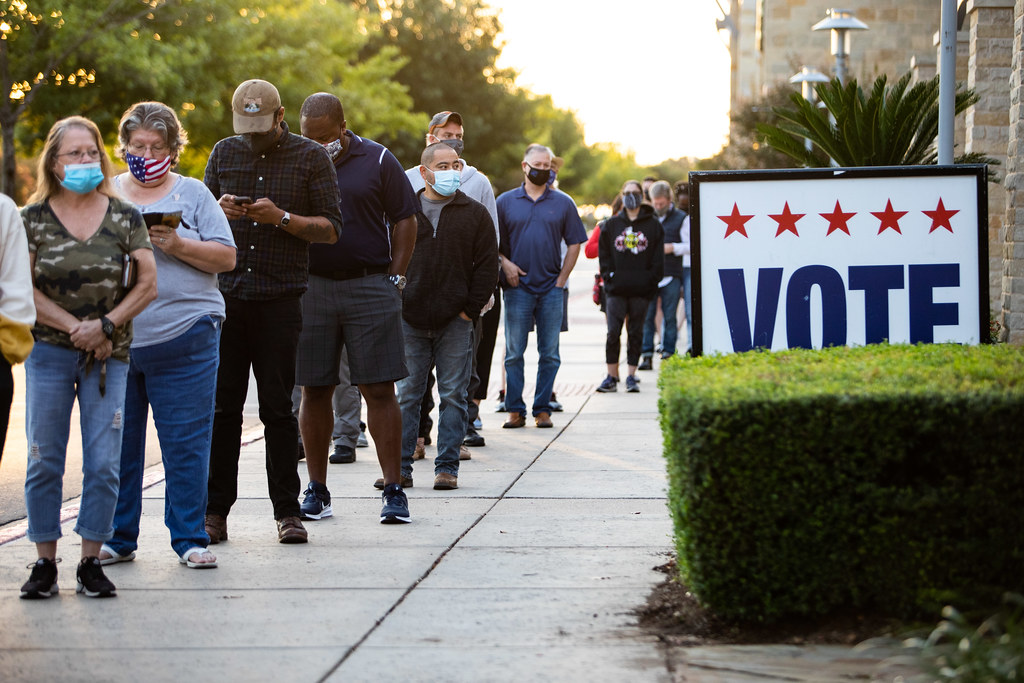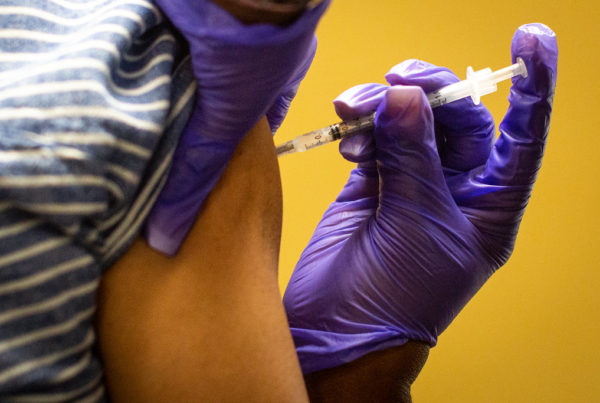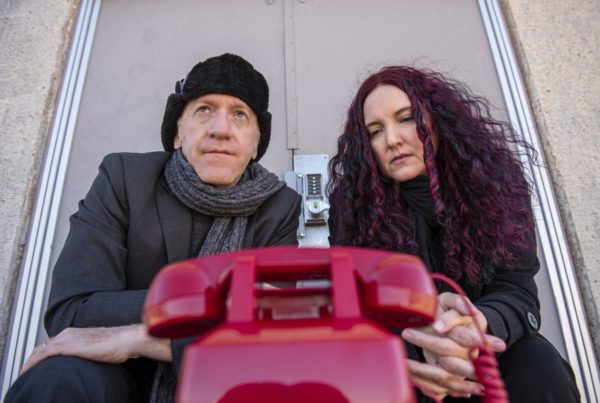The Texas Court of Criminal Appeals is reviewing the conviction of Crystal Mason, who who was sentenced to five years in prison on charges of illegal voting.
Mason used a provisional ballot to vote in 2016 when she was on supervised release – akin to probation – for a federal tax fraud conviction. Prosecutors representing the state of Texas argued Mason knowingly cast a ballot illegally.
But University of Texas at Austin law professor Joseph Fishkin says the case against Mason isn’t that simple. For one thing, he questions how prosecutors were able to convince a judge about Mason’s intentions. And federal law allows anyone to cast a provisional ballot if they think they might be eligible to vote but aren’t sure. The provisional ballot gives election officials time to see if, in fact, a voter can vote.
“I think everyone agrees that if she was unsure or didn’t know that she was ineligible to vote, that would be fine. That would be doing exactly what the federal law requires states to allow,” Fishkin told Texas Standard.
In Texas, a convicted felon who is in jail, on parole, on supervision or on probation isn’t allowed to vote.
Fishkin says it’s plausible that Mason might have thought she could have been eligible to vote given her status at the time.
“I mean, I’m a law professor. This will get me in trouble but I don’t know the difference between some of these statuses. So, you know, the story here that the state has told is basically should have been obvious to her that she couldn’t vote. That’s not very plausible,” he said.
Despite the controversy over whether she should have cast a provisional ballot, Mason’s vote was never counted.
The revisitation of Mason’s case comes as the Texas Senate moves ahead on a bill that would restrict many of the voting practices, like increased mail-in voting and drive-thru voting that came about during the pandemic and led to record voter turnout in the 2020 elections. Fishkin says it’s a part of a larger and troubling push by the GOP nationwide to change voting laws.
The significance of Mason’s case is that it will establish to what extent Texas follows federal law about provisional ballots.
“I think it’s important to establish the idea that Texas does follow federal law and allow you to vote a provisional ballot in situations where you’re legitimately believing that you’re eligible to vote even if you’re not, or where there’s some confusion or doubt,” he said.













